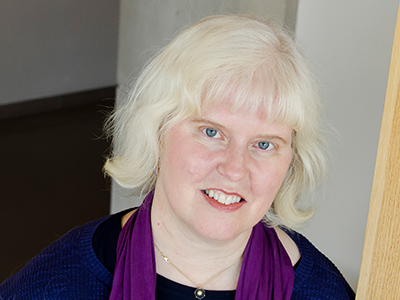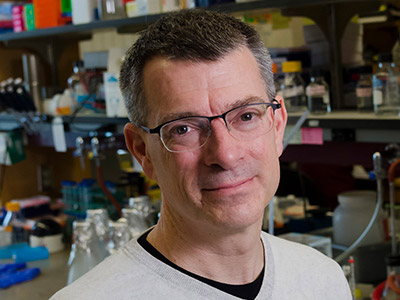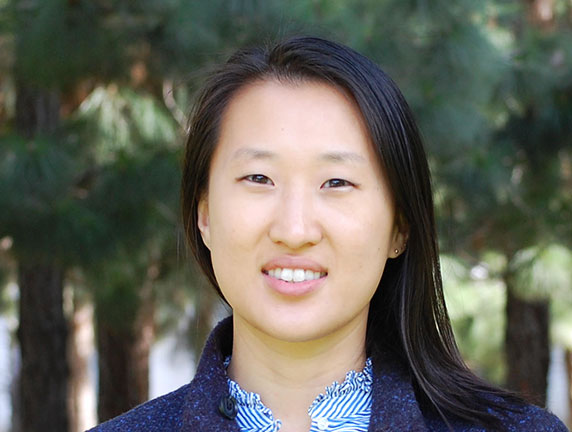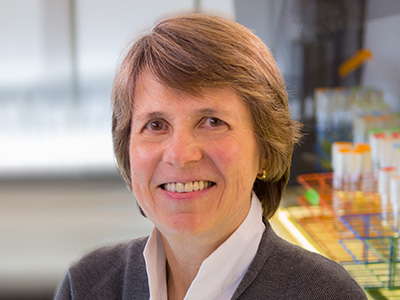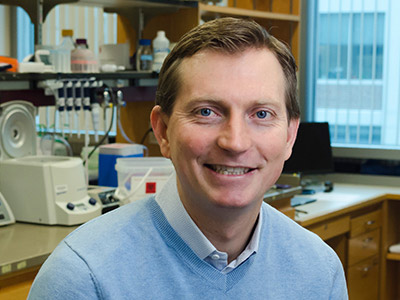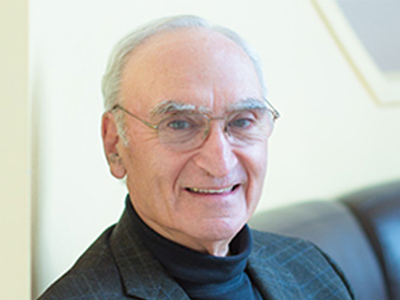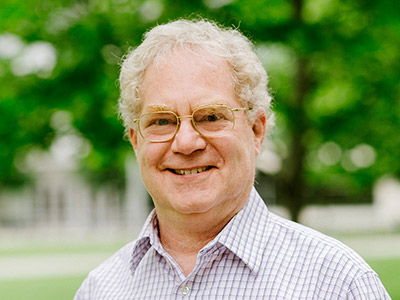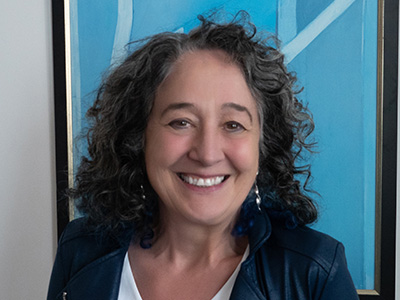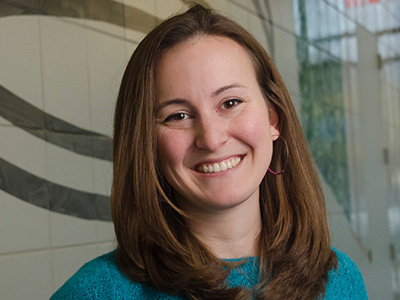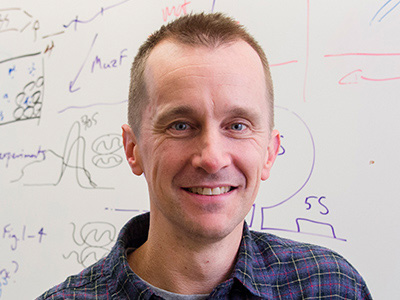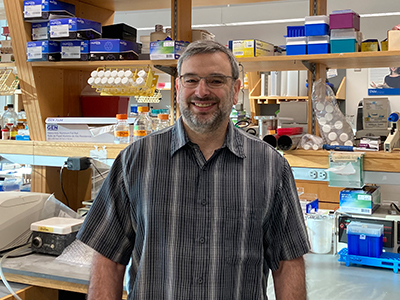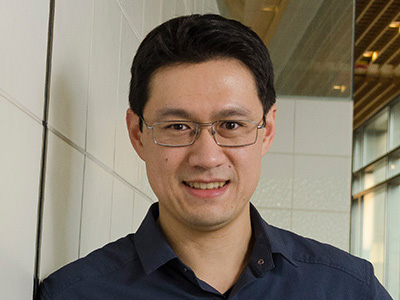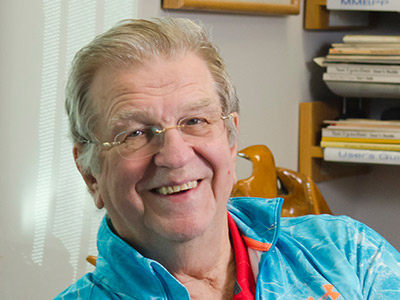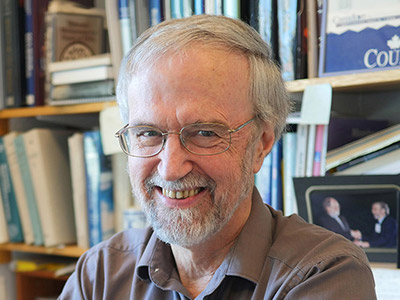Tania Baker’s current research explores mechanisms and regulation of enzyme-catalyzed protein unfolding, ATP-dependent protein degradation, and remodeling of the proteome during cellular stress responses.
Stephen Bell probes the cellular machinery that replicates and maintains animal cell chromosomes.
Erin Chen studies how the microbes in our bodies educate our immune systems, in order to engineer microbial therapeutics for human disease.
Sallie (Penny) W. Chisholm studies the biology, ecology, and evolution of the single most abundant marine phytoplankton species in order to understand the forces that shape microbial ecosystems.
Joey Davis investigates how cells maintain a delicate internal balance of assembling and dismantling their own machinery — in particular, assemblages of many molecules known as macromolecular complexes.
Gerald R. Fink investigates how fungal pathogens invade the body, evade the immune system, and establish an infection.
Alan Grossman studies mechanisms and regulation of DNA replication, gene expression, and horizontal gene transfer in bacteria.
Barbara Imperiali studies the biogenesis and myriad functions of glycoconjugates in human health and disease.
Rebecca Lamason investigates what happens when cellular functions are hijacked by unwanted interlopers: namely, the bacteria that engender diseases like spotted fever and meningitis.
Michael T. Laub explores how bacterial cells process information and regulate their own growth and proliferation, as well as how these information-processing capabilities have evolved.
Daniel Lew uses fungal model systems to ask how cells orient their activities in space, including oriented growth, cell wall remodeling, and organelle segregation.
Gene-Wei Li investigates how quantitative information regarding precise proteome composition is encoded in and extracted from bacterial genomes.
Sebastian Lourido exposes parasite vulnerabilities and harnesses them to treat infectious disease.
Anthony J. Sinskey explores the principles of metabolic engineering in both bacteria and plants.
Graham C. Walker studies DNA repair, mutagenesis, and cellular responses to DNA damage, as well as the symbiotic relationship between legumes and nitrogen-fixing bacteria.

